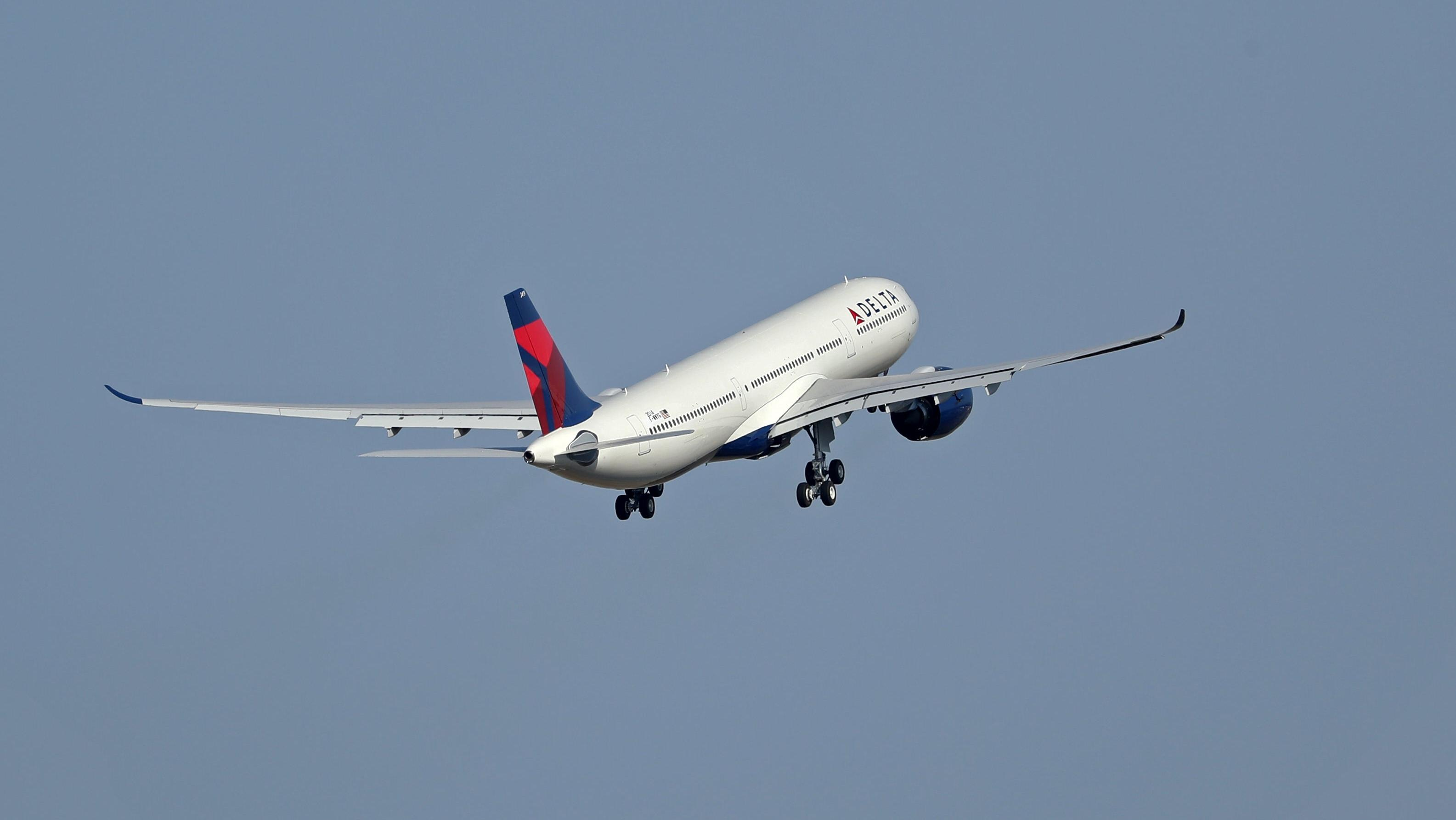Delta And MIT Are Partnering To Eliminate Climate-Damaging Contrails
Persistent contrails created by airliners amplify the greenhouse effect, trapping heat and warming the earth.
Delta Air Lines is collaborating with the Massachusetts Institute of Technology (MIT) to tackle the issue of persistent contrails. In recent years, passenger airlines have been making significant efforts to reduce their impact on the climate. For example, Delta has entered a partnership to secure up to 385 million gallons of sustainable aviation fuel. However, it could be years until widely-used commercial aircraft are certified to fly solely on sustainable fuel, instead of in a blend with conventional Jet A-1 fuel. Delta is looking to make a more immediate impact on its operations.
Steven Barrett, Director of MIT's Laboratory for Aviation and the Environment, said:
"Much of the focus on climate within the aviation field is understandably on carbon dioxide, but contrail avoidance has the potential to greatly reduce the environmental impact of air travel quickly and at low cost. This collaboration will help us better understand, predict, and ultimately avoid persistent contrails. Working with airline partners gives us the needed access to flights and operational expertise to conduct successful flight trials."
Contrails are formed by commercial airlines flying at cruising altitude 65 percent of the time. Most of those contrails dissipate in a few minutes. Though, ten percent of contrails create long-standing clouds that amplify the greenhouse effect, trapping heat and warming the earth. With there being around 115,000 flights per day, the impact of persistent contrails isn't insignificant.
Pam Fletcher, Delta's Chief Sustainability Officer, said:
"While the journey to decarbonizing aviation is uncharted, we know it will take short-, medium- and long-term solutions to reach our net zero goal. That's why this work is both exciting and critical – it has the potential to make a major impact on our environmental footprint within just a few years. By making our data and solutions available publicly, we're encouraging creators, innovators and industry cohorts everywhere to join in our efforts to make fast, lasting progress for our planet."
Delta and MIT believe "contrail avoidance could be among the most immediate and cost-effective measures for reducing aviation's climate footprint." Their study will utilize an MIT-created algorithm to predict the atmospheric conditions that lead to contrail creation and then adapt flight operations to avoid them. The resultant tools and developed technology of their study will be open-source to allow every airline to reduce its environmental impact.
